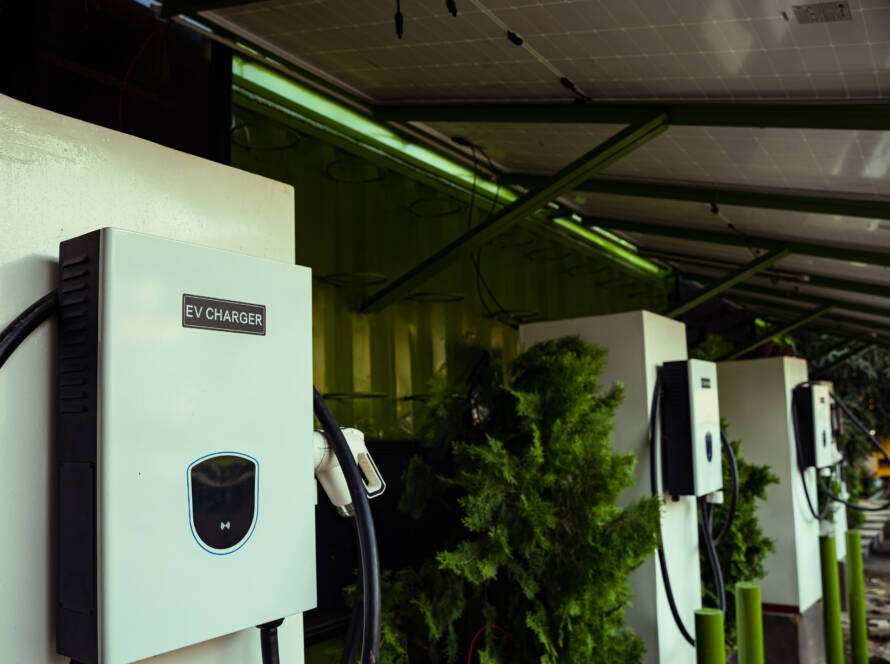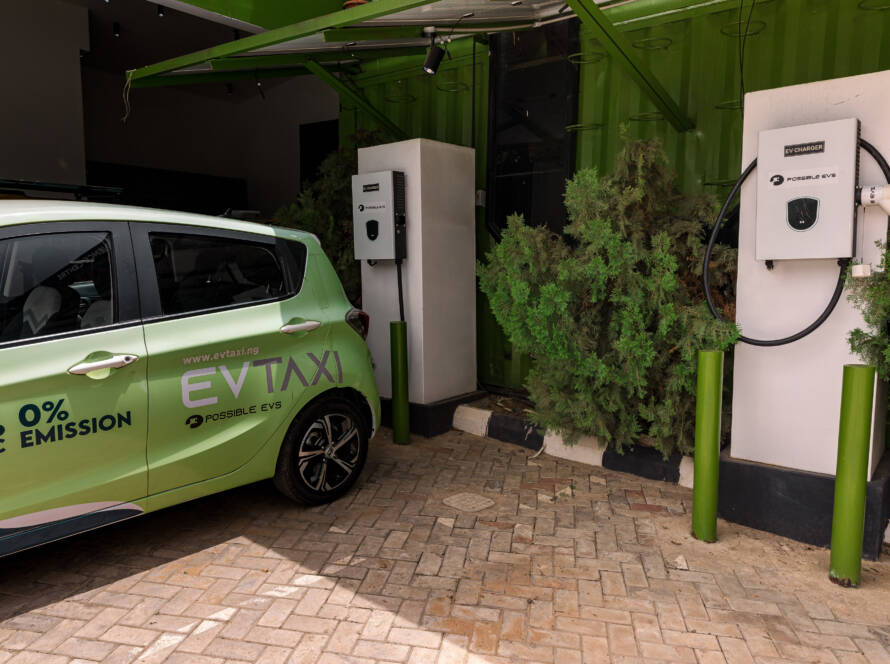Electric vehicles have the potential to transform transportation, reduce carbon emissions, and build a cleaner future. Globally, this shift is gathering pace. Yet, in our country Nigeria, with over 200 million lovely people, EV adoption faces several daunting challenges. These challenges range from infrastructural gaps to financial constraints, and unless addressed, they threaten to slow down Nigeria’s transition to sustainable mobility. This article dives deep into the issues and outlines possible solutions, while keeping the Nigerian context front and center.
Lack of Awareness and Misconceptions
In Nigeria, one of the fundamental barriers to EV adoption is the general lack of awareness. Many of us are either unaware of electric vehicles or hold misconceptions about their performance and utility — or their practicality in Nigeria. While global conversations on EVs are increasing, there is a lack of targeted information dissemination in Nigeria about how electric vehicles work and their benefits, especially in contrast to traditional combustion engine vehicles we are all used to.
People may assume that EVs are complex, overly expensive, or impractical for the Nigerian environment. Many believe that the absence of public charging infrastructure makes EVs unsuitable for daily use. Public perception needs to shift before significant adoption can occur, and this requires robust education campaigns, demonstrations, and experiential initiatives.
Affordability and Low-Income Demographics
Nigeria’s economy is heavily reliant on oil, yet many Nigerians still live below the poverty line. For most of us, the priority is affordability when it comes to vehicle purchases. Currently, the average electric vehicle is priced well above what many Nigerians can afford. Even the least expensive models on the market are often out of reach for the average middle-class buyer.
Although EVs offer long-term savings on fuel and maintenance, these benefits can feel intangible for a population where immediate cost is a greater concern. Without subsidies, grants, or low-interest financing options, EVs may continue to be seen as luxury items reserved for the wealthiest. For Nigeria to see real progress in EV adoption, the government and private sector will need to explore cost-reduction strategies, such as encouraging local assembly, which would bring down import tariffs and associated costs.
Absence of Charging Infrastructure
Perhaps the most glaring obstacle to electric vehicle adoption in Nigeria is the lack of charging infrastructure. Nigeria does not yet have a robust network of public charging stations, which makes owning and driving an EV on long-distance trips nearly impossible.
Moreover, even if EV owners opt to charge their vehicles at home, Nigeria’s electricity problems adds a layer of difficulty. Many parts of the country still experience frequent power outages, and the national grid does not have the reliability necessary to support widespread overnight charging.
To address these issues, a large-scale investment in charging infrastructure is required. This should involve both public and private entities, and the government should consider offering incentives to businesses that install charging stations. The creation of fast-charging hubs along highways and in urban centers is crucial to assuaging “range anxiety”—the fear that an EV will run out of charge without a nearby station.
Inconsistent Government Support and Policy
While some countries have made significant progress in EV adoption through government incentives—such as tax breaks, grants, and fuel subsidies for EV owners—the Nigerian government’s support for EVs (by way of favorable policies and incentives) has been minimal at best. There is a distinct lack of policies aimed at encouraging manufacturers, importers, and consumers to embrace electric vehicles. This absence of legislative support has left the Nigerian EV market stagnant.
The government needs to introduce policies that will make EVs affordable to ordinary Nigerians, and also support the construction of essential infrastructure. A starting point could be offering duty exemptions or reduced taxes on electric vehicle imports, incentivizing local assembly, and introducing scrappage schemes that encourage the replacement of older, high-polluting vehicles with newer electric models.
Electricity Supply and Grid Limitations
EVs require sufficient electricity to function. For a country like ours, where power supply can be notoriously unreliable, this presents a challenge. The current grid is overburdened and prone to frequent blackouts, which makes the prospect of millions of EVs drawing power from it seem overwhelming.
To make matters worse, there are a lot places in Nigeria where access to electricity is still scarce or even non-existent. This severely limits the potential for widespread EV adoption, as owners would struggle to recharge their vehicles.
A sustainable EV future in Nigeria will require a simultaneous overhaul of the electricity grid. We need to invest in increasing grid capacity and reliability while promoting renewable energy sources like solar and wind. By doing so, we can avoid the environmental downsides of relying on fossil fuels to generate the electricity needed to power EVs.
Lack of Local Manufacturing and Supply Chains
Another challenge is the absence of a local supply chain to support EVs. As of now, nearly all EVs in Nigeria are imported. This drives up costs and also limits the availability of spare parts and technical expertise for vehicle repairs and maintenance.
To reduce costs and stimulate local economic growth, Nigeria could focus on building local EV manufacturing plants and nurturing a robust supply chain for batteries and other essential components. Local production would not only lower the price of EVs but would also create jobs and stimulate industrial growth.
A Path Forward for EV Adoption in Nigeria
Despite these formidable challenges, the future of electric vehicle adoption in Nigeria is not without hope. Many of these barriers can be overcome with the right mix of policies, public-private partnerships, and education initiatives. If we prioritize the development of infrastructure, increasing affordability, and bolstering public awareness, we can build a sustainable transportation system that benefits everyone — rich and poor alike.
The journey ahead is not without obstacles, but the reward—a cleaner environment, reduced reliance on fossil fuels, and a modernized transport system—makes it a journey well worth embarking on. EV adoption may take time, but with careful planning and strategic investments, Nigeria can make the leap into a sustainable, electrified future.


